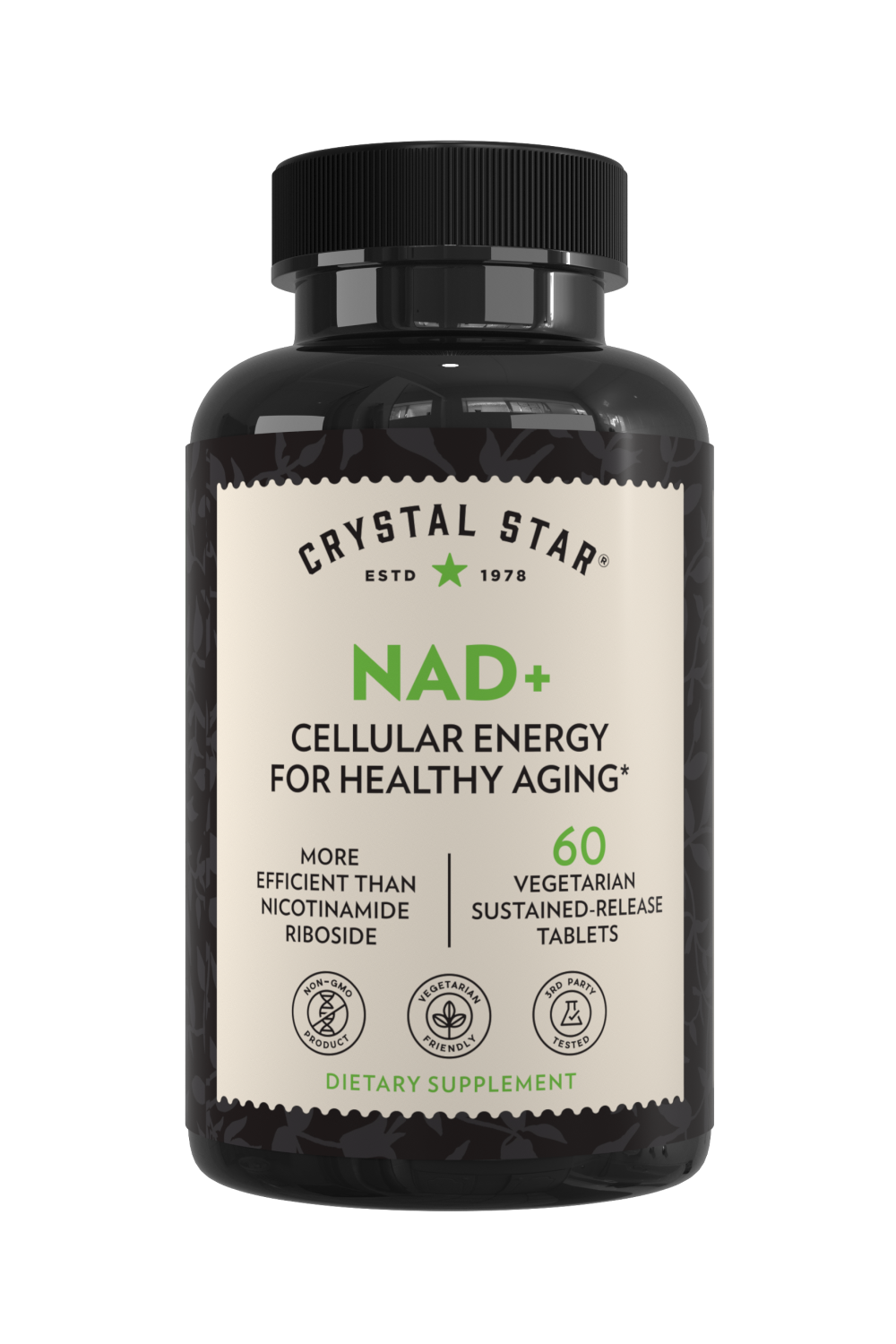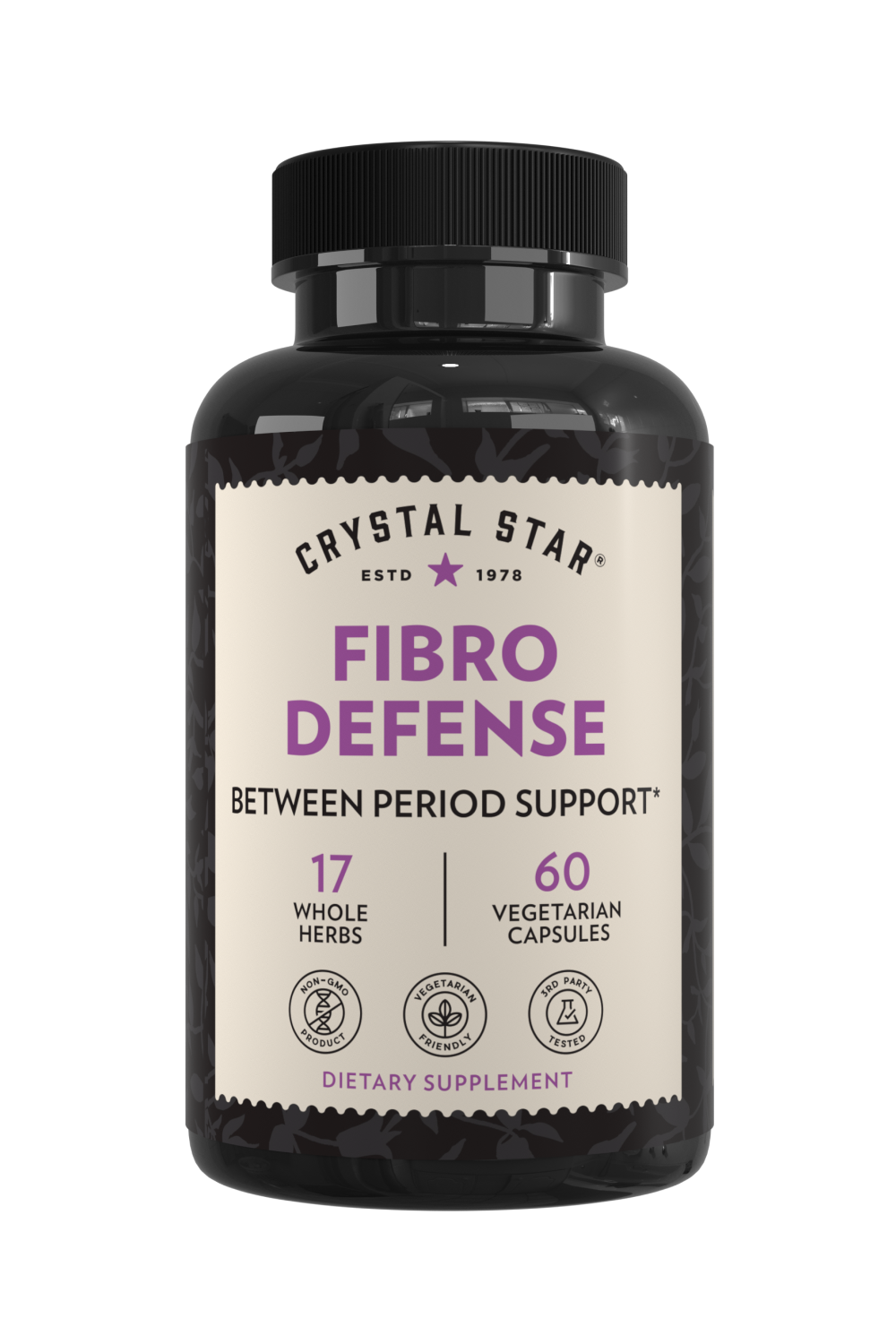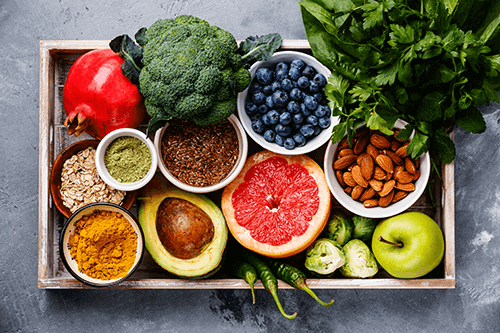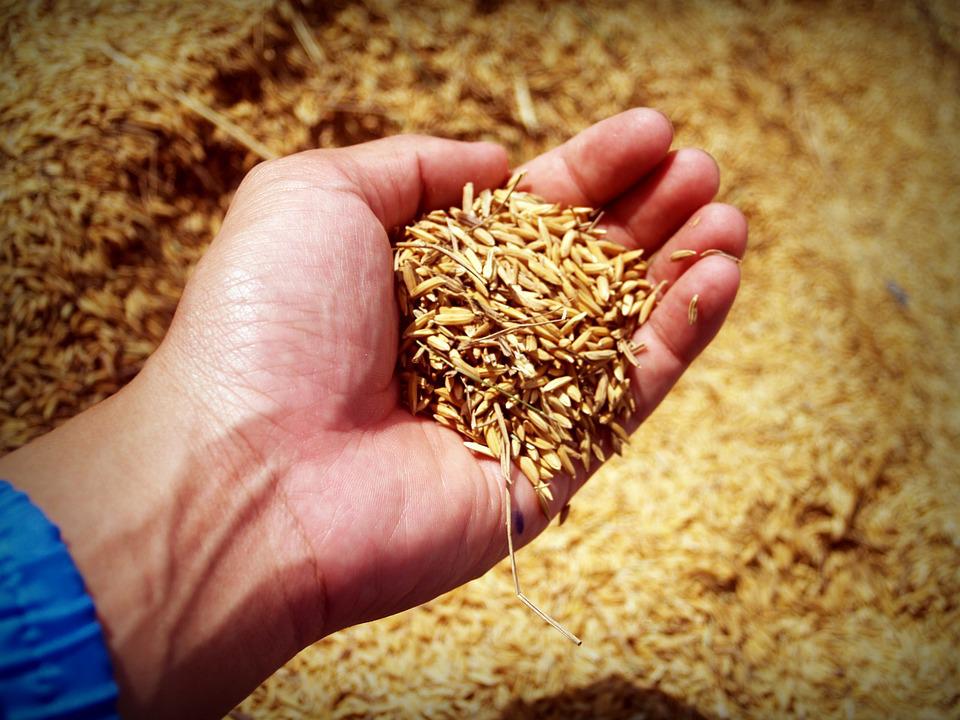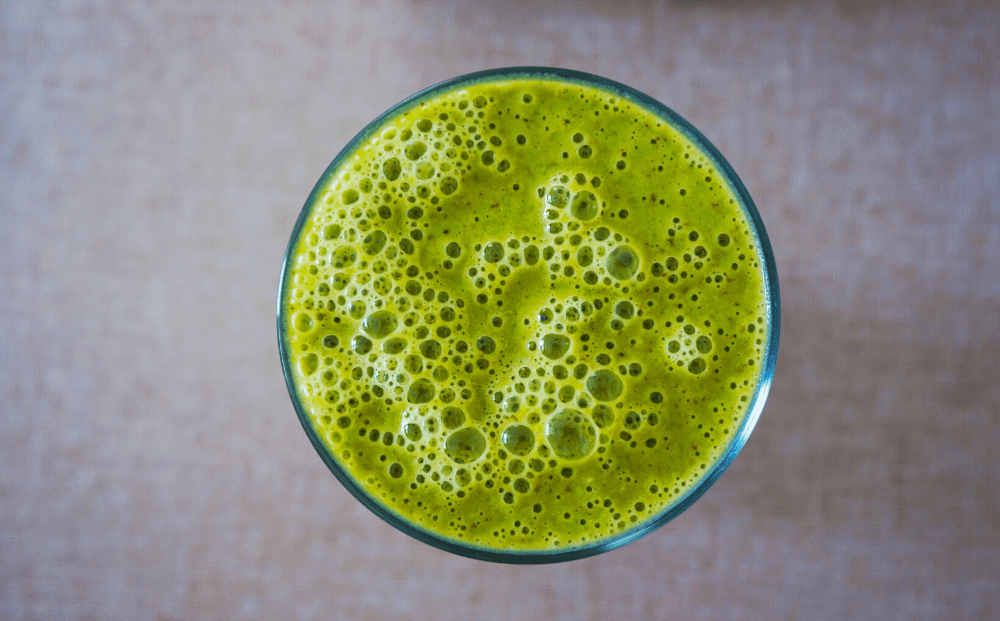
Top 3 Herbs for Seasonal Allergies
With Spring here, seasonal allergies are making a comeback. In fact, it’s predicted allergies will be worse this year due to higher pollen counts and shifting weather patterns. According to the CDC, over 25% of the population suffers from allergies. In many places, the problem is so widespread that allergy drugs run low on store shelves as people search for solutions. Yet, drugs offer only temporary relief and can create side effects like dependency.
In my experience, allergies require a consistent approach which strengthens the body while minimizing symptoms. Herbal therapies are an excellent choice because they have lasting benefits and don’t cause side effects like drowsiness or dependence common to allergy drugs. In this article, I detail my top 3 herbs for seasonal allergies and offer tips on how to use them in your day to day life.
Top 3 Herbs for Seasonal Allergies and How To Use Them
Spill the tea
Green tea (Camellia sinensis) is a source of quercetin, a natural antihistamine for hayfever and skin allergies like hives. A 2021 study published in Food & Function finds tea lowers histamine and IgE antibodies, involved in allergic reactions. For the benefits, simply enjoy a cup of green tea 1-3 times daily with a little locally sourced honey, another premiere allergy remedy. If you prefer, try green tea in capsules. 400-800 mg daily is a good dosage.
Strengthen the lungs with the herbal tonic, mullein
Mullein leaf and flowers (Verbascum thapsus) have a long history of use as a respiratory tonic in Western herbal medicine. Mullein is a valuable expectorant which thins mucus and decreases congestion. For people addressing allergic asthma, it encourages lung health and helps normalize breathing. Mullein works well in extract formulas or in a balanced herbal combination like Breathe Easy caps.
Try marshmallow to soothe irritated nasal passages
Chronic inflammation from allergies wreaks havoc on the mucous membranes. Marshmallow root (Althaea officinalis) is a mucilaginous herb, which soothes and coats the mucous membranes in the nasal passages and throat. Marshmallow is widely used in natural cough syrups and throat lozenges to ease dry coughs. You can also make a tea with marshmallow root by adding 1-2 tbsp of the dry root to 2 cups of hot water. Allow to steep for a few hours. Strain, and enjoy 1-2 cups daily. Add a little stevia for taste if desired.
Allergy Relief Roundup
Herbal therapies can help you enjoy a beautiful, bountiful spring without the misery of allergies. As you heal, be sure to stay hydrated and eat plenty of fresh foods to keep your system strong and flushed. Also be sure to wash clothes and shower regularly to get rid of pollen sticking to your clothes and body. If you have chronic sinus allergies, consider a neti pot or nasal wash, too. Stay consistent with your choice of therapies, and allergies won’t hold you back from living your best life.
References
Qing-Aheng Li et al. (2021). The anti-allergic potential of tea: a review of its components, mechanisms and risks. Food & Function, Issue 1.
Retrieved from: https://pubs.rsc.org/en/content/articlelanding/2021/FO/D0FO02091E
How Mullein Benefits Your Lungs (2022). Cleveland Clinic.
Retrieved from: https://health.clevelandclinic.org/mullein-benefits/
Ramirez, Rachel (2023). Allergy Season is Starting Earlier and Lasting Longer. Here’s How To Manage the Pollen Onslaught. Retrieved from: https://www.msn.com/en-us/news/other/allergy-season-is-starting-earlier-and-lasting-longer-here-s-how-to-manage-the-pollen-onslaught/ar-AA18mg4

